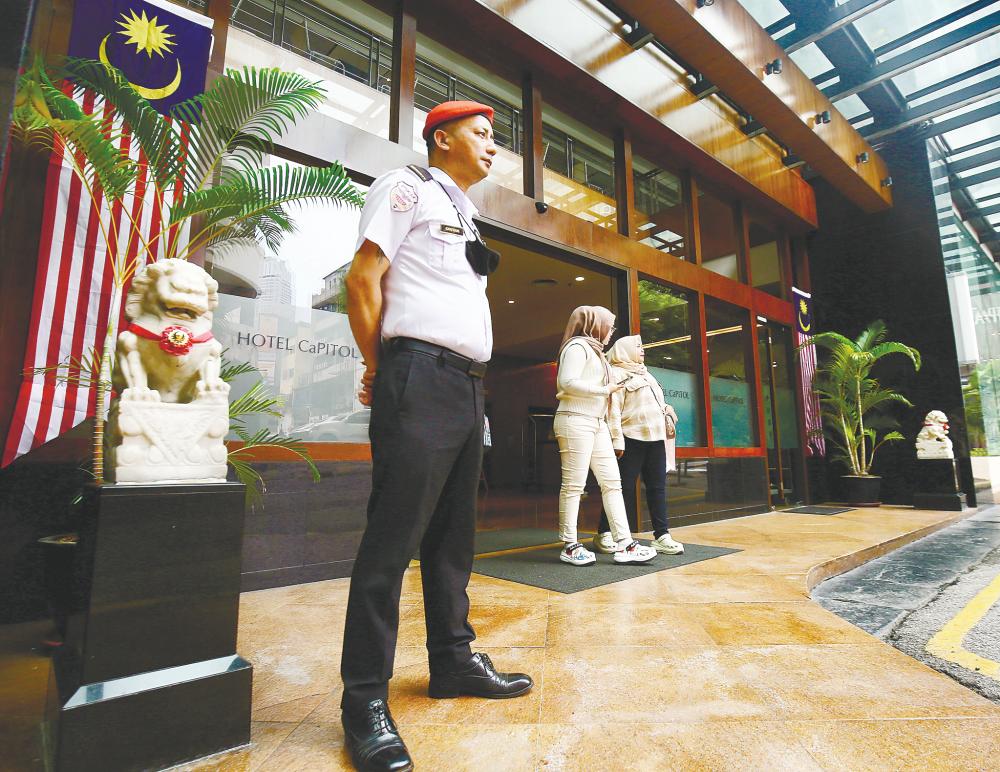PETALING JAYA: The Malaysia Security Industry Association has called on the government to revise the Private Agencies Act 1971 and include specific provisions to protect security guards from physical harm, said its president Datuk Mohammad Ubaidillah Iman.
He told theSun he is making the call as cases of security guards being physically attacked have become more common, although they are rarely reported.
“There are strong grounds for our call. There have been too many incidents of security guards being threatened and physically attacked, so the Act must be revised and specific legal protections for security guards added to it.”
In August 2023, a 47-year-old security guard at a primary school was injured after being attacked by three men armed with parang and karambit, a multi-use knife designed for safety, precision and efficiency.
In the latest incident on Aug 16, a security guard who was working in Kampung Toh Pawang was attacked by five men armed with parang, resulting in severe injuries to his chest and arms.
Mohammad Ubaidillah said the current Act is over 50 years old, and many of its regulations are outdated and no longer suitable to address the challenges and conditions faced by security guards today.
He said while he expects a revised Act to ensure that security guards are better protected against violence, action by the authorities also needs to improve as it is often inconsistent, even when cases are reported.
“Additionally, the hourly rates paid to security guards by clients often do not align with the minimum wage set by the government, leading to wage discrepancies.
“The issue with fair pay also contributes to the presence of illegal security guards in the country, as irresponsible industry players undercut prices through leasing arrangements.”
Mohammad Ubaidillah said as of Aug 29, about 200,000 security guards have been registered with the Home Ministry, namely 138,431 locals and 58,760 Nepali.
He said the actual number, however, is expected to be higher when unregistered and illegal security guards are taken into account.
Muhammad Ubaidillah said Nepali security guards are only allowed to carry batons, whereas local security guards can carry firearms with police approval.
He said if a criminal is armed with a parang or firearm, a security guard’s primary responsibility is to ensure his safety first and report the incident to the police for assistance.
Lawyer Kokila Vaani Vadiveloo said employers are obligated to provide effective protective equipment for the safety and
well-being of their employees.
“This obligation is enforced through occupational safety and health laws, regulations and industry standards. In Malaysia, the Occupational Safety and Health Department conducts inspections and audits.
“If the department finds that an employer is using outdated or unsafe equipment, it can order an upgrade and impose penalties for non-compliance.”
Kokila said security guards have the option to take legal action against their attackers by filing a civil suit that can help them get compensation for medical expenses, pain and suffering, loss of income and any other costs incurred as a result of the attack.
She said the attacker could then face charges under the Penal Code for offences such as assault, battery, or causing grievous harm.









